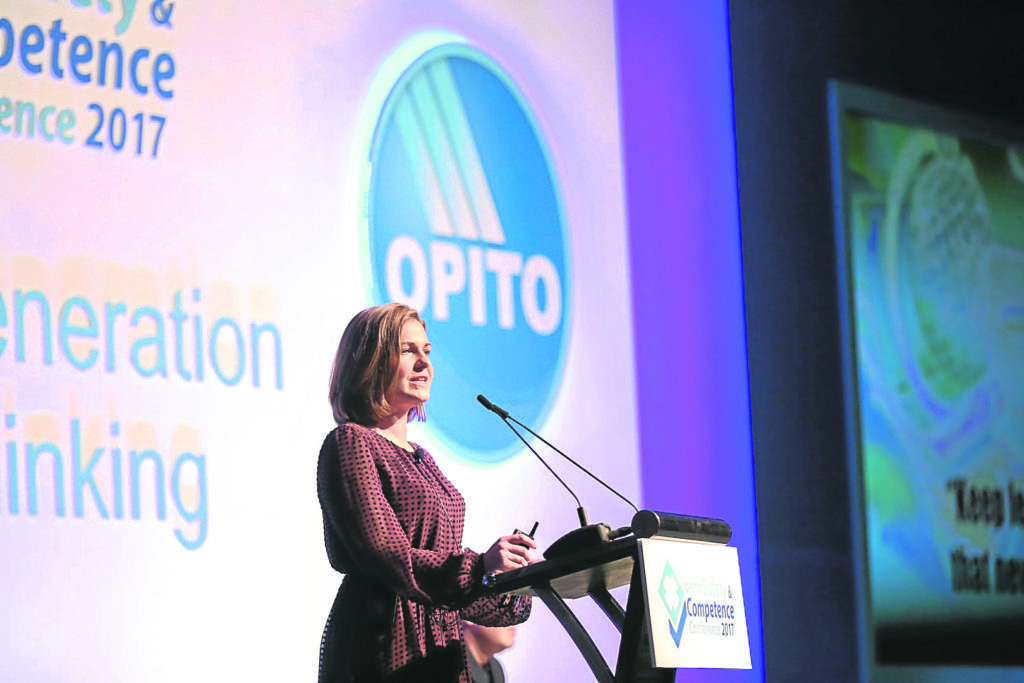
How to achieve equality in oil and gas or any industry is a question worthy of weighty debate and one that is bound to draw divides.
Recent events around unlawful pay discrepancies have again brought into sharp focus the fact that systematic discrimination continues to exist in the UK workplace. And it’s not just the BBC that has come under the spotlight following claims made by the Today Programme’s Carrie Gracie, top 500 companies across many sectors have been named and shamed.
Ladbrokes, Easyjet and Virgin Money are among the major companies to reveal gender pay gaps of more than 15% in favour of men for mean hourly pay. Organisations with 250 or more workers must publish their figures by April and so far more than 500 have done so including some energy organisations.
The gender pay gap is the discrepancy between men and women irrespective of their job or position. This is distinct from equal pay – when companies are required to ensure that men and women carrying out the same or similar roles are paid the same for the amount of work they do.
And this is why it’s likely many organisations in our sector may not fare so well when revealing the gender pay gap as oil and gas is of course still mostly represented by men.
It is hugely encouraging to see that in recent years we are seeing more women in the boardrooms and in top positions at oil and gas companies and we can seek inspiration from the likes of Greta Lydecker at Chevron, Elisabeth Proust at Total and Hedda Felin of Statoil.
Professional networking site LinkedIn has found that more women have been hired into leadership positions around the world since 2008 with women now
holding around 25% of all leadership roles.
Conversely, it found the oil and energy industry had reduced its hiring of women leaders by 5% on the previous year.
While I could never claim to have answers that would shape an industry’s demographics and the motives for those interested in its careers, a sharper focus on the skills required to bag the jobs of tomorrow should be a positive factor in helping to entice more women into our industry.
OPITO is keenly aware that to effect a change we must engage with girls at a much younger age and bring to life the diverse career opportunities on offer in our industry. Supporting the STEM agenda and engaging with primary aged children is one part of this. And it is also important to take more direct action. We recently held a series of Girls in OGTAP evenings to encourage more young women into the industry and dispel some of the myths that may be holding them back.
The Oil and Gas Technical Apprentice Programme (OGTAP) has supported 1,500 trainees as they enter the sector, allowing them to earn while they learn. The drive is now on to attract a higher proportion of females with relevant science, technology, engineering and maths (STEM) qualifications.
Managed by OPITO and the Engineering Construction Industry Training Board (ECITB), OGTAP boasts one of the highest apprenticeship achievement rates in the country and has the backing of 17 oil and gas operators and major contractors.
We were incredibly pleased that school pupils aged 14 and over travelled from as far afield as the North of England and across the North East of Scotland to attend the events with their parents and guardians and hear first-hand from female apprentices on what it’s like to work in our industry.
Breaking down some of the barriers and stigmas associated with working in oil and gas will help. At Subsea Expo recently we ran our Energise Your Future event where over 100 school pupils heard from four speakers including two young men and two young women on their experiences. The message was unified and clear – we have an industry that is inventive, offers exciting opportunities to travel and great career progression – and that is something we should be proud of.
Christine Currie is director of OPITO
Recommended for you
